You are using an out of date browser. It may not display this or other websites correctly.
You should upgrade or use an alternative browser.
You should upgrade or use an alternative browser.
What struggles do you face with your plant-based diet?
- Thread starter Daniel2022
- Start date
D
digitarian
Guest
the struggles I've had are:
that said - even though there are difficulties in being vegan - there are just too many difficulties that are harder to face when not being vegan that I wouldn't really go back. A lot of difficulties in veganism is due to the symptoms of a non-vegan society and would go away if: 1) veganism was treated properly by vegans, 2) the world's more vegan. In essence, while it's hard to be vegan in some ways - those difficulties are way fewer and less in intensity.
I think your research project should incorporate the positive aspects to understand the negative ones.
- the ability to find vegan food
- that isn't going to cause me food sensitivities. I'm really sensitive to many vegan foods - soy, wheat, peanuts, alliums, caffeine, etc. - that there's very little far and few between with real, adequate choices and nutrition. Soy and wheat are in most fake meats - so there's not much after that except peas.
- it's so easy to be exposed to drugs and be drugged - as so many drugs come from plants that's in our regular food.
- too many chemicals that plants use to protect itself are either toxic or anti-nutrients - which make you unwell. It's hard to eat properly on a vegan diet.
- there just always seems to be added difficulties to get food
- you need to grow your own vegan food in order to get the right nutrients (like calcium - found in herbs) - which is hard
- that isn't going to cause me food sensitivities. I'm really sensitive to many vegan foods - soy, wheat, peanuts, alliums, caffeine, etc. - that there's very little far and few between with real, adequate choices and nutrition. Soy and wheat are in most fake meats - so there's not much after that except peas.
- you're surrounded by a lot of broken people if you meet other vegans
- too much peer pressure and directed anger at you if you don't want to be vegan - it's like a cult - once you're in - you can't really get out easily. Even if you're not in it - there's too much pressure to be in it. Another issue is that this behavior and pressuring's socially acceptable - which is bad
- since everyone has a different definition of what veganism is and isn't - vegans get angry at each other over decisions they think are vegan, but aren't and vice versa
- there's too many people telling others to go vegan without explaining to them how to properly be vegan and seeing if it's truly right for them
- too much peer pressure and directed anger at you if you don't want to be vegan - it's like a cult - once you're in - you can't really get out easily. Even if you're not in it - there's too much pressure to be in it. Another issue is that this behavior and pressuring's socially acceptable - which is bad
that said - even though there are difficulties in being vegan - there are just too many difficulties that are harder to face when not being vegan that I wouldn't really go back. A lot of difficulties in veganism is due to the symptoms of a non-vegan society and would go away if: 1) veganism was treated properly by vegans, 2) the world's more vegan. In essence, while it's hard to be vegan in some ways - those difficulties are way fewer and less in intensity.
I think your research project should incorporate the positive aspects to understand the negative ones.
beancounter
The Fire That Burns Within
Fish isn't a vegetable. (Pescararian)It has also inspired me to perform a research project for class to determine some common struggles new pescatarians/vegetarians/vegans face with their plant-based diets.
SURVEY LINK
VeganRachel
Forum Legend
Hi there. You make some good points. Vegans are interesting people. But, so are OMNIVORES, KETO, PALEO, AND CARNIVORE humans.the struggles I've had are:
- the ability to find vegan food
- that isn't going to cause me food sensitivities. I'm really sensitive to many vegan foods - soy, wheat, peanuts, alliums, caffeine, etc. - that there's very little far and few between with real, adequate choices and nutrition. Soy and wheat are in most fake meats - so there's not much after that except peas.
- it's so easy to be exposed to drugs and be drugged - as so many drugs come from plants that's in our regular food.
- too many chemicals that plants use to protect itself are either toxic or anti-nutrients - which make you unwell. It's hard to eat properly on a vegan diet.
- there just always seems to be added difficulties to get food
- you need to grow your own vegan food in order to get the right nutrients (like calcium - found in herbs) - which is hard
- you're surrounded by a lot of broken people if you meet other vegans
- too much peer pressure and directed anger at you if you don't want to be vegan - it's like a cult - once you're in - you can't really get out easily. Even if you're not in it - there's too much pressure to be in it. Another issue is that this behavior and pressuring's socially acceptable - which is bad
- since everyone has a different definition of what veganism is and isn't - vegans get angry at each other over decisions they think are vegan, but aren't and vice versa
- there's too many people telling others to go vegan without explaining to them how to properly be vegan and seeing if it's truly right for them
that said - even though there are difficulties in being vegan - there are just too many difficulties that are harder to face when not being vegan that I wouldn't really go back. A lot of difficulties in veganism is due to the symptoms of a non-vegan society and would go away if: 1) veganism was treated properly by vegans, 2) the world's more vegan. In essence, while it's hard to be vegan in some ways - those difficulties are way fewer and less in intensity.
I think your research project should incorporate the positive aspects to understand the negative ones.
I do not worry about the fear-mongering "anti-nutrients". I think the doctor who promotes that works for the meat industry.
I have been an ethical whole food vegan for 25+ years and eat a variety of whole foods. Eat much of your produce plant raw,
which helps you retain more nutrients. I would however lighten up on swiss chard
and not just eating spinach for greens. If you are "allergic" to any food, stop eating it!.
Calcium is abundant in plant foods such as leafy greens. Eat your salads everyday.
I do think a lot about magnesium and zinc, which most vegans (and many omnivores) are low in).
I have been vegan for over 25 years and have no worries about calcium. I simply consume a lot of vegetables,
avoid processed foods, and eat most foods, raw., take B12, magnesium, zinc. I think taking supplements today is
absolutely necessary because the powers that be do not care about our nutrition. Produce is grown for yield and
size, not for nutrition. Most vegetables (and berries) are grown in hydroponic warehouses, not in soil.
The big issue with calcium is eating a lot of animal protein can pull calcium from our bones. from the excess protein.
Dairy products are known to create calcium problems for humans who consume it.
Also, humans who drink distilled and reverse-osmosis water are drinking water that lacks minerals, is acidic in pH, and is
not hydrating. That water in the body will pull calcium and minerals out of our bones to compensate. I have a Berkey s.s.
water filter system and enjoy it.
Calcium is an important mineral, but most humans are deficient in magnesium which helps with so many issues. cheers.
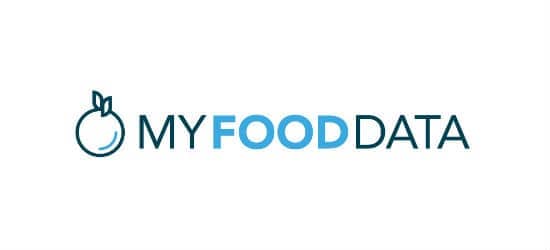
Top 20 Vegetables Highest in Calcium
Vegetables high in calcium include turnip greens, kale, mustard greens, beet greens, bok choy, okra, swiss chard, and broccoli raab. The DV (daily value) for calcium is 1300mg.

Top 10 Fruits Highest in Calcium
Fruits high in calcium include calcium-fortified orange juice, prickly pears, tangerines, oranges, kiwifruit, mulberries, blackberries, guavas, papaya, and passion fruit. The daily value (DV) for calcium is 1300mg.
Dangers of Drinking Distilled Water - Detoxifynow for Vibrant Health
Distilled Water, Drinking Water, Mineral leached from the body
detoxifynow.com
If I remember correctly digitarian was a troll.Hi there. You make some good points. Vegans are interesting people. But, so are OMNIVORES, KETO, PALEO, AND CARNIVORE humans.
I do not worry about the fear-mongering "anti-nutrients". I think the doctor who promotes that works for the meat industry.
I have been an ethical whole food vegan for 25+ years and eat a variety of whole foods. Eat much of your produce plant raw,
which helps you retain more nutrients. I would however lighten up on swiss chard
and not just eating spinach for greens. If you are "allergic" to any food, stop eating it!.
Calcium is abundant in plant foods such as leafy greens. Eat your salads everyday.
I do think a lot about magnesium and zinc, which most vegans (and many omnivores) are low in).
I have been vegan for over 25 years and have no worries about calcium. I simply consume a lot of vegetables,
avoid processed foods, and eat most foods, raw., take B12, magnesium, zinc. I think taking supplements today is
absolutely necessary because the powers that be do not care about our nutrition. Produce is grown for yield and
size, not for nutrition. Most vegetables (and berries) are grown in hydroponic warehouses, not in soil.
The big issue with calcium is eating a lot of animal protein can pull calcium from our bones. from the excess protein.
Dairy products are known to create calcium problems for humans who consume it.
Also, humans who drink distilled and reverse-osmosis water are drinking water that lacks minerals, is acidic in pH, and is
not hydrating. That water in the body will pull calcium and minerals out of our bones to compensate. I have a Berkey s.s.
water filter system and enjoy it.
Calcium is an important mineral, but most humans are deficient in magnesium which helps with so many issues. cheers.

Top 20 Vegetables Highest in Calcium
Vegetables high in calcium include turnip greens, kale, mustard greens, beet greens, bok choy, okra, swiss chard, and broccoli raab. The DV (daily value) for calcium is 1300mg.www.myfooddata.com

Top 10 Fruits Highest in Calcium
Fruits high in calcium include calcium-fortified orange juice, prickly pears, tangerines, oranges, kiwifruit, mulberries, blackberries, guavas, papaya, and passion fruit. The daily value (DV) for calcium is 1300mg.www.myfooddata.com
Dangers of Drinking Distilled Water - Detoxifynow for Vibrant Health
Distilled Water, Drinking Water, Mineral leached from the bodydetoxifynow.com
While some of those points can be believed, can you really fall for it as a whole?
VeganRachel
Forum Legend
I was unaware of the TROLL issue, he simply seemed like a complaining vegan making excuses.If I remember correctly digitarian was a troll.
While some of those points can be believed, can you really fall for it as a whole?
I believe the meat industry has trolls on every platform, especially vegan one's. They want to
discourage humans from trying, going, or staying vegan by finding all kinds of criticisms--
so the troll thing does not surprise me. Sad how "ex-vegans" get more attention than vegans...
VeganRob
Newcomer
Without food stamps, I'd have a very difficult time buying fresh vegetables. I'd have to rely on the food bank, which isn't so bad, really.
My biggest gripe is the price of meals in restaurants around here.
Mexican - Beans & Rice - $9.
Chinese - Buddhist Delight - $16
Vietnamese - Veggie Platter - $16
Thai - Lemongrass Platter - $16
American - Veggie Platter w. Soup & Drink - $30.
My biggest gripe is the price of meals in restaurants around here.
Mexican - Beans & Rice - $9.
Chinese - Buddhist Delight - $16
Vietnamese - Veggie Platter - $16
Thai - Lemongrass Platter - $16
American - Veggie Platter w. Soup & Drink - $30.
Without food stamps, I'd have a very difficult time buying fresh vegetables. I'd have to rely on the food bank, which isn't so bad, really.
My biggest gripe is the price of meals in restaurants around here.
Mexican - Beans & Rice - $9.
Chinese - Buddhist Delight - $16
Vietnamese - Veggie Platter - $16
Thai - Lemongrass Platter - $16
American - Veggie Platter w. Soup & Drink - $30.
Fresh FROZEN vegetables are not all that expensive, they do not go bad and they are tasty and easily found.
If you research it you will find evidence that frozen veggies have more nutrients than non-local fresh as they are frozen immediately after being picked instead of travelling for days.
We almost never eat out for two reasons, cost and taste. Our home cooked meals are waaayyyy better than most restaurant meals and I know what the contents are, especially salt and oils. Do I wish there were cheap tasty restaurants meals available? for sure but I know that is a myth and so we just make it ourselves.
Rice & beans being one of the easiest and cheapest - $9 would get you enough rice and beans for 5 or 6 meals, even adding in some frozen corn and other veggies.
There are amazing vegan recipes online, youtube/blogs etc, for all those other wonderful meals that you list. A few spices in your pantry and you are ready to cook.
Best part of not eating out is the not paying for drinks, be they alcoholic or not. That is where restaurants make the most money.
Emma JC
Find your vegan soulmate or just a friend. www.spiritualmatchmaking.com
Graeme M
Forum Legend
I didn't notice any real struggle, for sure living in a modern Western country makes it pretty easy. It depends on how far one wants to go - does one want to be fruitarian or raw etc. We did plenty of research, checked bloods and so on and haven't found it at all difficult. At first, the biggest hurdle was just getting used to not having meat and dairy. I had no trouble with cheese because I don't care much for cheese anyway. I am also not a foodie, so wasn't getting all weird about flavours and taste etc.
As far as getting food when out and about, that WAS a bit of a problem in the early days when I took this all way too seriously. Nowadays if I can't find a decent vegan meal I will eat one with some meat in it, though I will typically only accept certain kinds of animals. I won't eat chicken, pork, bacon, or any crustacean. I will eat oysters, mussels, occasional fish and milk if necessary. Remember, this is if I am out and it is hard to get a good meal otherwise.
Something I often wonder about is the photos of meals vegans post online. So often, they are barely eating any calories and no protein.
As far as getting food when out and about, that WAS a bit of a problem in the early days when I took this all way too seriously. Nowadays if I can't find a decent vegan meal I will eat one with some meat in it, though I will typically only accept certain kinds of animals. I won't eat chicken, pork, bacon, or any crustacean. I will eat oysters, mussels, occasional fish and milk if necessary. Remember, this is if I am out and it is hard to get a good meal otherwise.
Something I often wonder about is the photos of meals vegans post online. So often, they are barely eating any calories and no protein.
I don't agree with this. I don't think the average person will get enough calcium without some kind of fortified food such as a plant milk.Calcium is abundant in plant foods such as leafy greens.
I think this is wrong. In particular, older people need more protein to ensure adequate calcium metabolism. As for calcium "problems", what exactly do you mean? Vegans should get sufficient protein and calcium so they will be getting the same as everyone else if they are doing it right. It is possible there can be problems related to too much calcium, but that is nothing to do with dairy. Personally I think dairy is a brilliant food. I just don't think it is ethical.The big issue with calcium is eating a lot of animal protein can pull calcium from our bones. from the excess protein.
Dairy products are known to create calcium problems for humans who consume it.
Well for one thing, vegan does not have to do with health. It has everything to do with ethics. The term "vegan diet" has been so abused to refer to a whole food plant based diet, that doesn't imply ethics, that the word vegan is losing it's meaning!I didn't notice any real struggle, for sure living in a modern Western country makes it pretty easy. It depends on how far one wants to go - does one want to be fruitarian or raw etc. We did plenty of research, checked bloods and so on and haven't found it at all difficult. At first, the biggest hurdle was just getting used to not having meat and dairy. I had no trouble with cheese because I don't care much for cheese anyway. I am also not a foodie, so wasn't getting all weird about flavours and taste etc.
As far as getting food when out and about, that WAS a bit of a problem in the early days when I took this all way too seriously. Nowadays if I can't find a decent vegan meal I will eat one with some meat in it, though I will typically only accept certain kinds of animals. I won't eat chicken, pork, bacon, or any crustacean. I will eat oysters, mussels, occasional fish and milk if necessary. Remember, this is if I am out and it is hard to get a good meal otherwise.
Something I often wonder about is the photos of meals vegans post online. So often, they are barely eating any calories and no protein.
I don't agree with this. I don't think the average person will get enough calcium without some kind of fortified food such as a plant milk.
I think this is wrong. In particular, older people need more protein to ensure adequate calcium metabolism. As for calcium "problems", what exactly do you mean? Vegans should get sufficient protein and calcium so they will be getting the same as everyone else if they are doing it right. It is possible there can be problems related to too much calcium, but that is nothing to do with dairy. Personally I think dairy is a brilliant food. I just don't think it is ethical.
WFPB diets have been very well researched as being healthful. It's quite hard for even the Dairy & pharma industry to defend dairy products, as more physicians are telling people to avoid them and having incredible results. I know many people who have given up dairy for everything from inflammatory issues, allergies and cholesterol and will not go back
Yes, excess protein does leach calcium through urine. While dark leafy greens, seeds, nuts all have great amounts of bio available calcium vegans do need to be sure they eat them
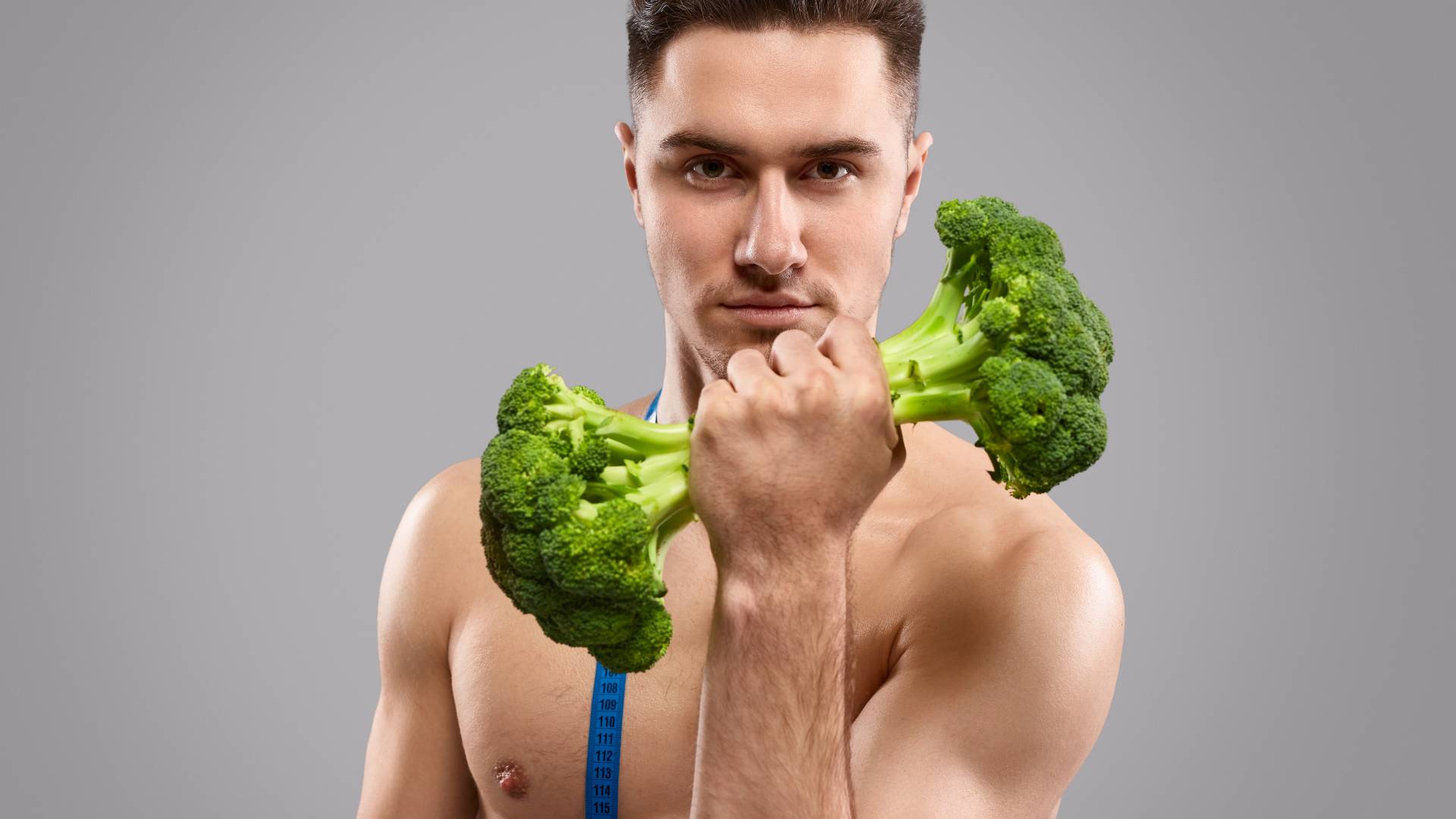
A Plant-Based Diet Can Build Strong Bones
The nutrients you need to build strong bones can be found by eating plants, without the negative health risks from milk and dairy products.
Graeme M
Forum Legend
True, but the OP's question was specifically about plant-based diets.Well for one thing, vegan does not have to do with health. It has everything to do with ethics.
I still don't think this is true. If you have evidence to support that, I'm all ears.Yes, excess protein does leach calcium through urine.

Calcium and Protein and Bone Health in Vegans
There is good evidence that vegan diets can prevent heart disease and they are likely to lower risk for cancer as well. But does going vegan improve your bone health? I see some post or infographic in social media nearly every week claiming that a vegan diet protects against osteoporosis. The...
 www.theveganrd.com
www.theveganrd.com
Graeme M
Forum Legend
In regard to dairy, it is possible that it is not dairy per se that causes problems with such things as osteoporosis. This speculative hypothesis was published five years ago, I haven't heard more on this. I wrote to the authors but they did not reply. Their core argument is that people with the lactase persistence allele co-evolved a more relaxed calcium homeostasis mechanism. This means such people are more susceptible to bone health problems as a genetic consequence, not because of dairy milk. I am not saying this is correct, but it does make sense.
 cedar.wwu.edu
cedar.wwu.edu
On the other hand, people without the lactase persistence adaptation may be more prone to certain calcium-ion mediated cancers, such as triple negative breast cancer and prostate cancer. I corresponded with an American researcher who was of the opinion that such was the case for African-American populations who are often lactase non-persistent.
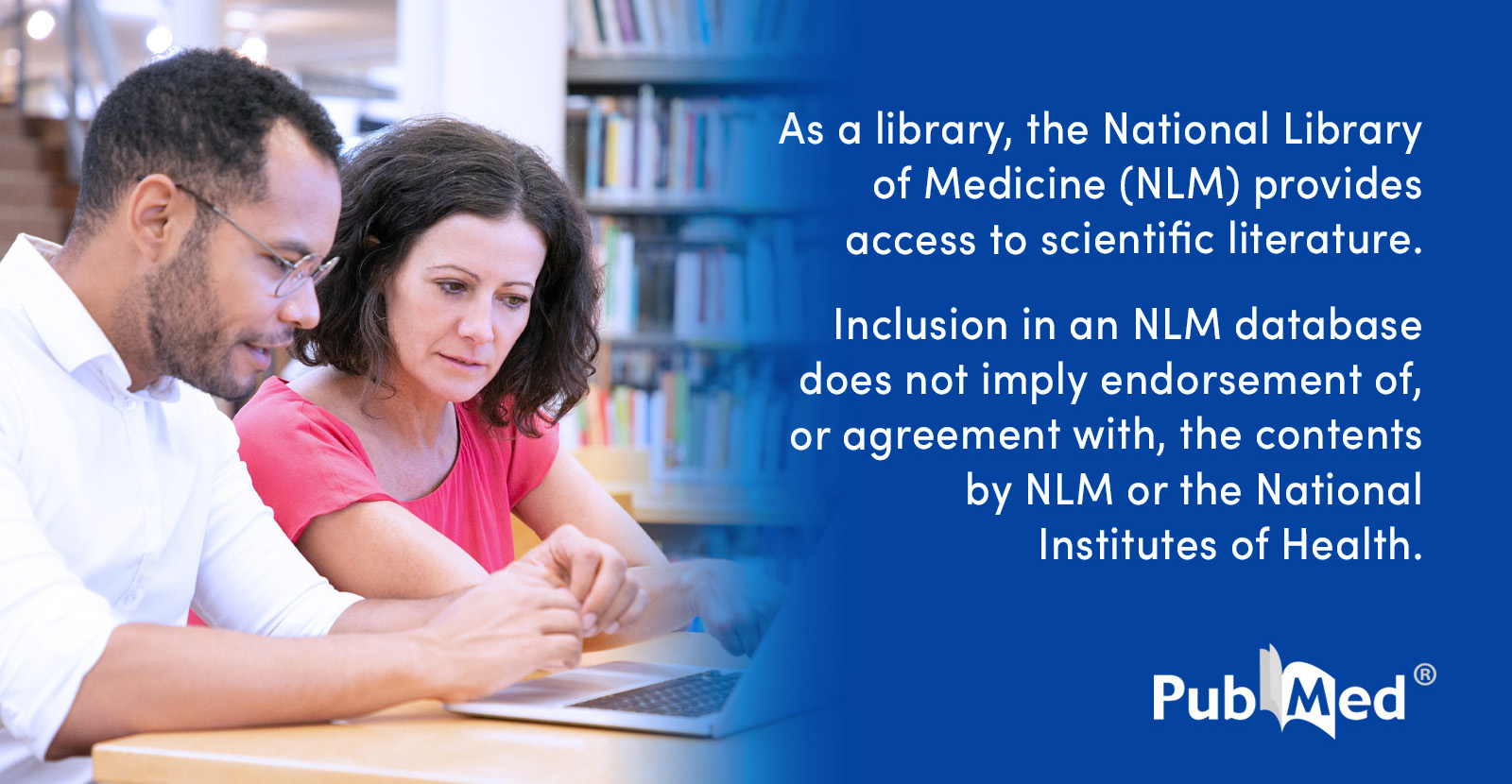
 pubmed.ncbi.nlm.nih.gov
pubmed.ncbi.nlm.nih.gov
and
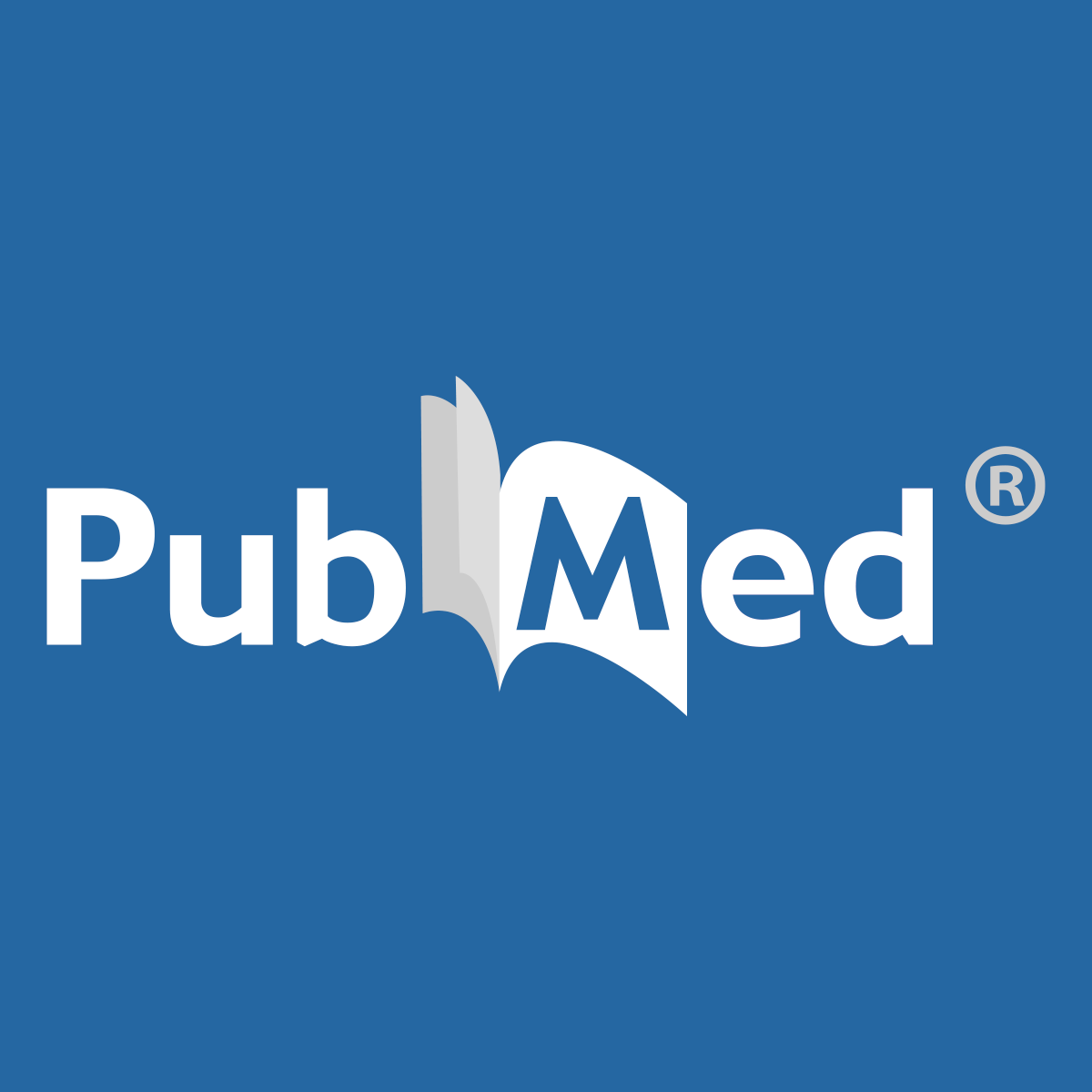
 pubmed.ncbi.nlm.nih.gov
pubmed.ncbi.nlm.nih.gov
Excerpt: "While I agree with this article that social determinants play an important role in explaining the higher mortality of
Black women with triple-negative breast cancer, my research as an evolutionary historian, points to epigenetics
as being an even more pivotal factor. The central actor is the TRPV6 gene, which has an ‘‘ancestral’’ variant carried
by Africans and a ‘‘derived’’ haplotype found in Europeans and Asians.
The TRPV6 is a highly sensitive calcium ion channel, located in the intestinal lining, breast, and prostate of
healthy tissue but over-expressed in triple-negative and androgen-resistant cancers. The African or ancestral variant
has shown itself to be more calcium absorbent than the non-African haplotype, which blocks excess calcium.
While the African TRPV5 gene variant further retains calcium in the kidneys, its non-African haplotype excretes
excess calcium in the urine. The causes for these differences are evolutionary."
Co-evolution of Calcium Homeostasis and Lactase Persistence: Implications for Treatment of Degenerative Bone Diseases in the 21st Century
Recent research on the relationship between osteoporosis and lactase persistence has revealed that these two factors are positively correlated. There is existing evidence that shows the domestication of cattle was a selective force for the lactase persistence allele. We hypothesize that this...
On the other hand, people without the lactase persistence adaptation may be more prone to certain calcium-ion mediated cancers, such as triple negative breast cancer and prostate cancer. I corresponded with an American researcher who was of the opinion that such was the case for African-American populations who are often lactase non-persistent.

High osteoporosis risk among East Africans linked to lactase persistence genotype - PubMed
This ecological correlation study explores the marked differential in osteoporosis susceptibility between East and West Africans. African tsetse belt populations are lactase non-persistent (lactose intolerant) and possess none of the genetic polymorphisms carried by lactase persistent (lactose...
and

Letter to the editor: In response to "influence of clinical, societal, and treatment variables on racial difference in ER-/PR- breast cancer survival" by Roseland ME, Schwartz K, Ruterbusch JJ, Lamerato L, Krajenta R, Booza J, Simon MS - PubMed
Letter to the editor: In response to "influence of clinical, societal, and treatment variables on racial difference in ER-/PR- breast cancer survival" by Roseland ME, Schwartz K, Ruterbusch JJ, Lamerato L, Krajenta R, Booza J, Simon MS
Excerpt: "While I agree with this article that social determinants play an important role in explaining the higher mortality of
Black women with triple-negative breast cancer, my research as an evolutionary historian, points to epigenetics
as being an even more pivotal factor. The central actor is the TRPV6 gene, which has an ‘‘ancestral’’ variant carried
by Africans and a ‘‘derived’’ haplotype found in Europeans and Asians.
The TRPV6 is a highly sensitive calcium ion channel, located in the intestinal lining, breast, and prostate of
healthy tissue but over-expressed in triple-negative and androgen-resistant cancers. The African or ancestral variant
has shown itself to be more calcium absorbent than the non-African haplotype, which blocks excess calcium.
While the African TRPV5 gene variant further retains calcium in the kidneys, its non-African haplotype excretes
excess calcium in the urine. The causes for these differences are evolutionary."
LOL! I see that this is about 'plant based' diets--I've been seeing so much on 'vegan' diets about health I got carried away
I'm not so sure about the research on high protein causing bone calcium to be used anymore. All I find now are older articles, don't even see anything for or against this idea
Plant sources of calcium are utilized better though-
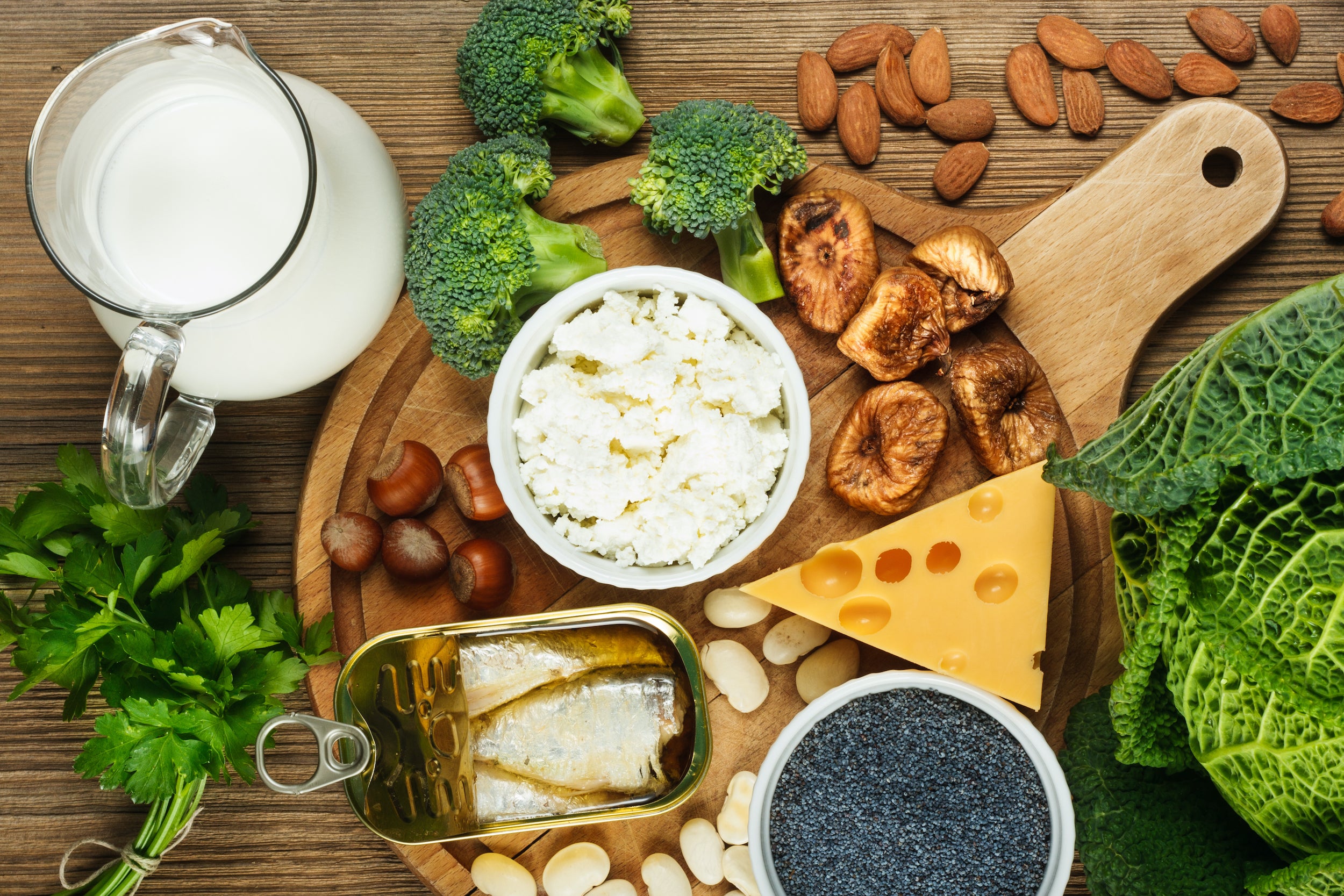
 www.hsph.harvard.edu
and here's a different take from Dr Greger-
www.hsph.harvard.edu
and here's a different take from Dr Greger-
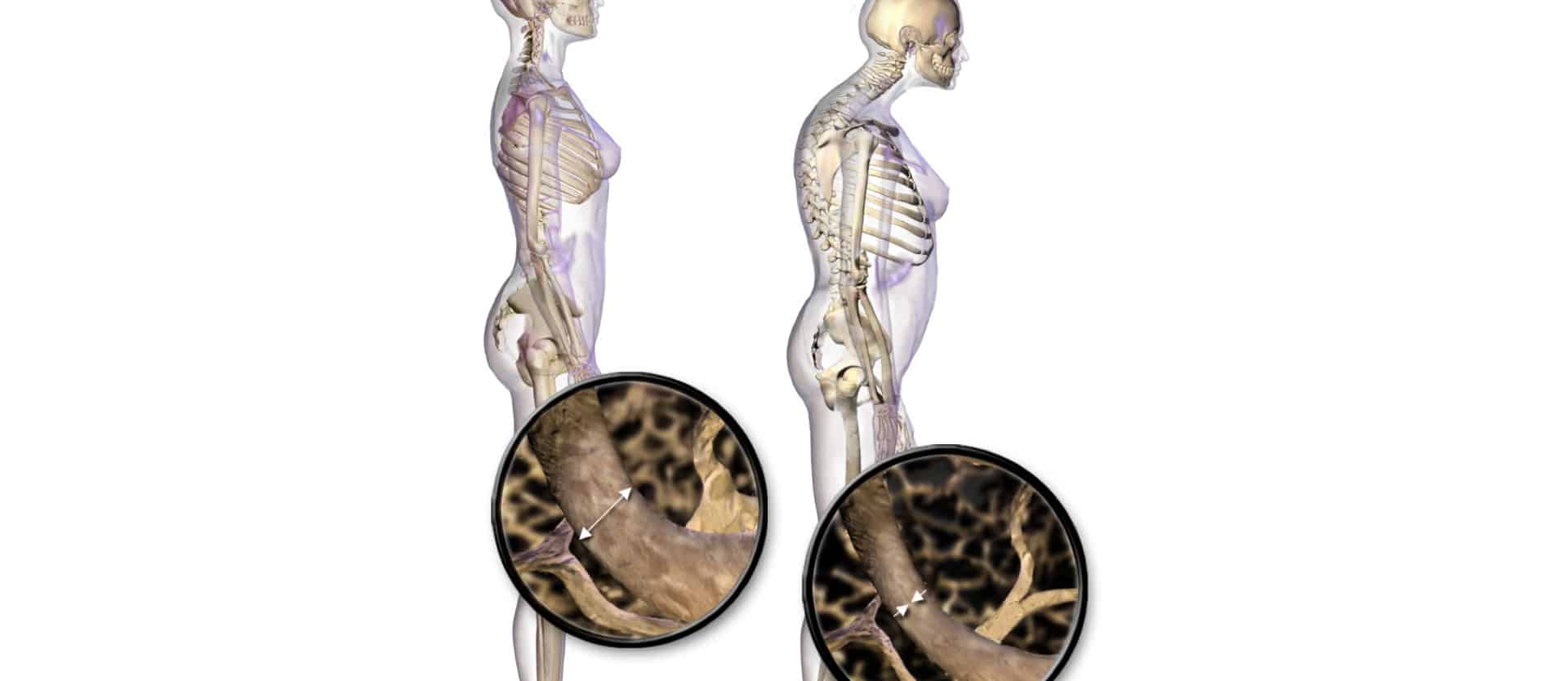
 nutritionfacts.org
nutritionfacts.org
I'm not so sure about the research on high protein causing bone calcium to be used anymore. All I find now are older articles, don't even see anything for or against this idea
Plant sources of calcium are utilized better though-

Calcium
Calcium is a mineral most often associated with healthy bones and teeth, although it also plays an important role in blood clotting, helping muscles to contract, and regulating normal heart rhythms…

Alkaline Diets, Animal Protein, and Calcium Loss | NutritionFacts.org
The decades-old dogma that the acid-forming quality of animal protein leads to bone loss has been called into question.
VeganRachel
Forum Legend
I think milk is the perfect food--for babies. it is full of hormones for the purpose of stimulating growth for that animal species.I didn't notice any real struggle, for sure living in a modern Western country makes it pretty easy. It depends on how far one wants to go - does one want to be fruitarian or raw etc. We did plenty of research, checked bloods and so on and haven't found it at all difficult. At first, the biggest hurdle was just getting used to not having meat and dairy. I had no trouble with cheese because I don't care much for cheese anyway. I am also not a foodie, so wasn't getting all weird about flavours and taste etc.
As far as getting food when out and about, that WAS a bit of a problem in the early days when I took this all way too seriously. Nowadays if I can't find a decent vegan meal I will eat one with some meat in it, though I will typically only accept certain kinds of animals. I won't eat chicken, pork, bacon, or any crustacean. I will eat oysters, mussels, occasional fish and milk if necessary. Remember, this is if I am out and it is hard to get a good meal otherwise.
Something I often wonder about is the photos of meals vegans post online. So often, they are barely eating any calories and no protein.
I don't agree with this. I don't think the average person will get enough calcium without some kind of fortified food such as a plant milk.
I think this is wrong. In particular, older people need more protein to ensure adequate calcium metabolism. As for calcium "problems", what exactly do you mean? Vegans should get sufficient protein and calcium so they will be getting the same as everyone else if they are doing it right. It is possible there can be problems related to too much calcium, but that is nothing to do with dairy. Personally I think dairy is a brilliant food. I just don't think it is ethical.
I believe animal protein causes calcium losses. This does not happen when humans consume PLANT proteins. One vegan doctor
stated he has never met someone with a calcium deficiency and do not worry about calcium (Mcdougall?).
Excess calcium can build up and cause health problems. here is two articles with video's mentioned. cheers.
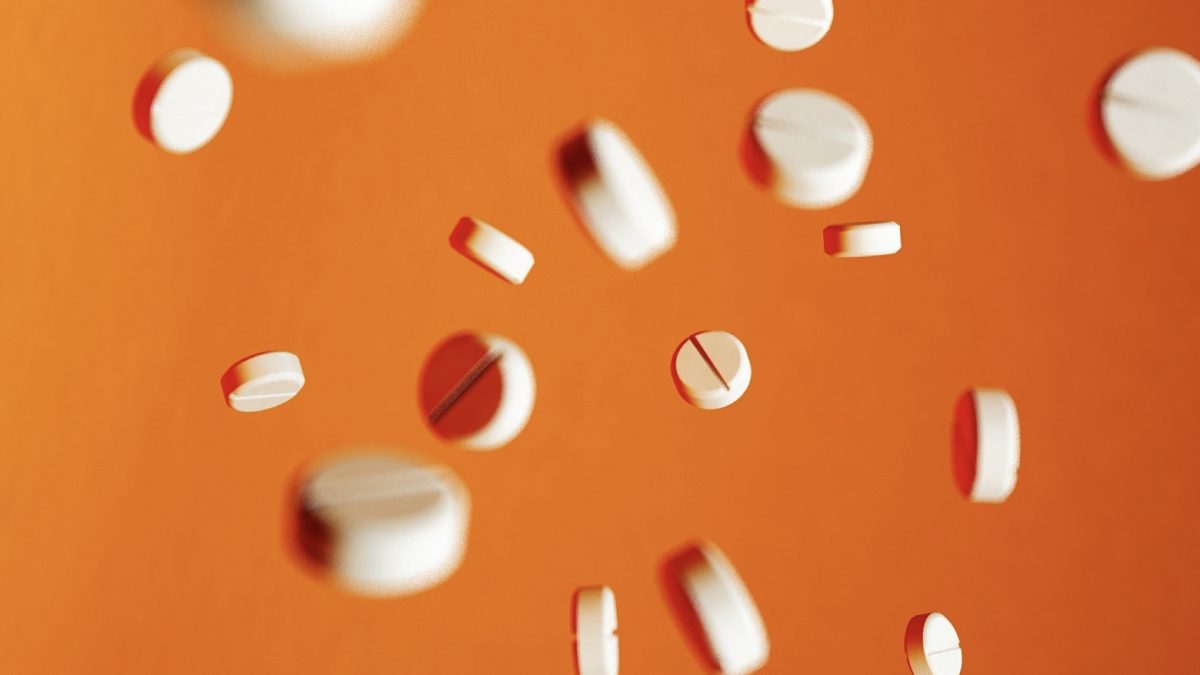
If Calcium Supplements Aren’t Safe, What About Calcium in Food? | NutritionFacts.org
In 12 short years, government panels have gone from suggesting widespread calcium supplementation may be necessary to protect our bones to “do not
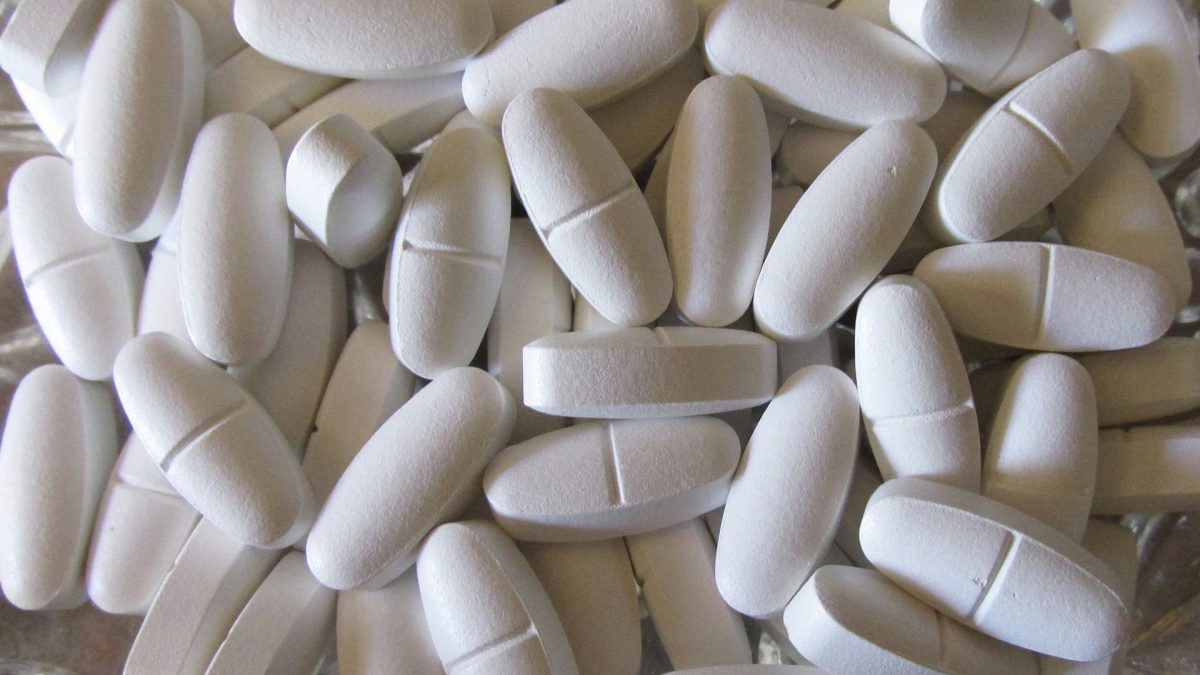
The Risks and Benefits of Calcium Supplements | NutritionFacts.org
There has been an assumption for decades that as a natural element, calcium supplements must intrinsically be safe. But, as I explore in my video Are
VeganRachel
Forum Legend
Thank you, ethics is very important and missed by omnivores when they damn vegans.Well for one thing, vegan does not have to do with health. It has everything to do with ethics. The term "vegan diet" has been so abused to refer to a whole food plant based diet, that doesn't imply ethics, that the word vegan is losing it's meaning!
WFPB diets have been very well researched as being healthful. It's quite hard for even the Dairy & pharma industry to defend dairy products, as more physicians are telling people to avoid them and having incredible results. I know many people who have given up dairy for everything from inflammatory issues, allergies and cholesterol and will not go back
Yes, excess protein does leach calcium through urine. While dark leafy greens, seeds, nuts all have great amounts of bio available calcium vegans do need to be sure they eat them

A Plant-Based Diet Can Build Strong Bones
The nutrients you need to build strong bones can be found by eating plants, without the negative health risks from milk and dairy products.www.pcrm.org
David3
Forum Legend
.I think milk is the perfect food--for babies. it is full of hormones for the purpose of stimulating growth for that animal species.
I believe animal protein causes calcium losses. This does not happen when humans consume PLANT proteins. One vegan doctor
stated he has never met someone with a calcium deficiency and do not worry about calcium (Mcdougall?).
Excess calcium can build up and cause health problems. here is two articles with video's mentioned. cheers.

If Calcium Supplements Aren’t Safe, What About Calcium in Food? | NutritionFacts.org
In 12 short years, government panels have gone from suggesting widespread calcium supplementation may be necessary to protect our bones to “do notnutritionfacts.org

The Risks and Benefits of Calcium Supplements | NutritionFacts.org
There has been an assumption for decades that as a natural element, calcium supplements must intrinsically be safe. But, as I explore in my video Arenutritionfacts.org
All people need dietary calcium, and we vegans should be mindful of this.
David3
Forum Legend
.Also, humans who drink distilled and reverse-osmosis water are drinking water that lacks minerals, is acidic in pH, and is
not hydrating.
I drink reverse-osmosis water every day, and I haven't died from dehydration yet.
.
It's also ignored when wfpb folks damn vegansThank you, ethics is very important and missed by omnivores when they damn vegans.
We drink distilled every day and we haven't died either. We use tap water for everything else including coffee, tea, cooking so I am sure we are not lacking anything at all..
I drink reverse-osmosis water every day, and I haven't died from dehydration yet.
.
Emma JC
Find your vegan soulmate or just a friend. www.spiritualmatchmaking.com
Similar threads
- Replies
- 0
- Views
- 773

